Choosing memory care early can prevent the kind of crisis that leaves families scrambling at the last moment.
There’s no easy way to say it: deciding to move your parent or partner into memory care can feel like betrayal. You might whisper to yourself late at night, Am I giving up too soon?
But love, real love—the kind that’s bone-deep and exhausted—knows when it’s time to ask for help.
Choosing memory care early isn’t abandonment. It’s intervention. And if done with care, it’s one of the most generous decisions a family can make.
.
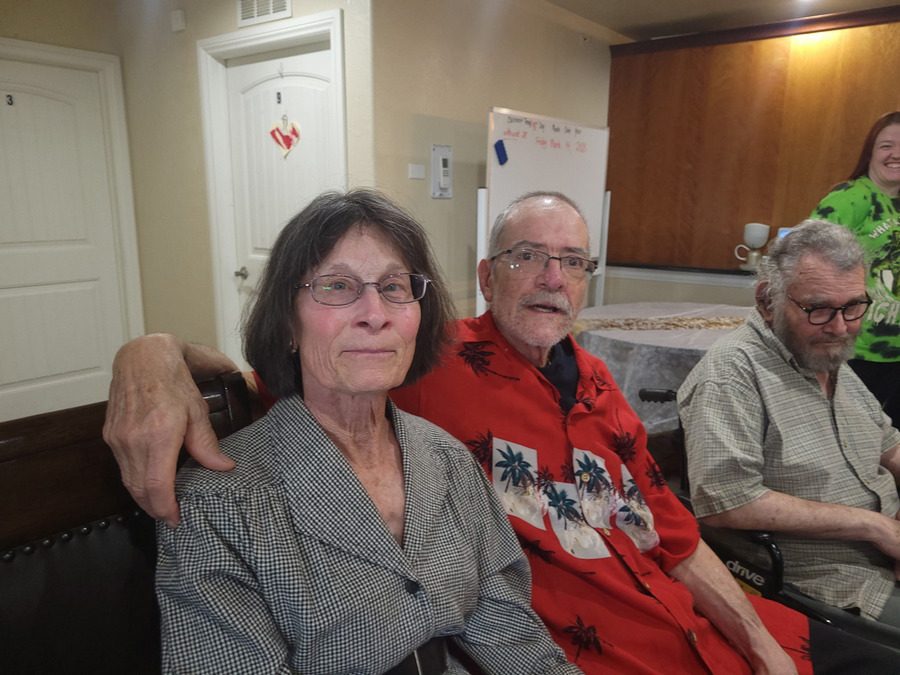
It’s not just the logistics. It’s the heartbreak. The feeling that you’re handing over someone you promised to protect.

Caregiving changes your role. Your voice hardens. Your patience wears thin. Memory care allows you to stop being the nurse and start being the daughter, son, or partner again.
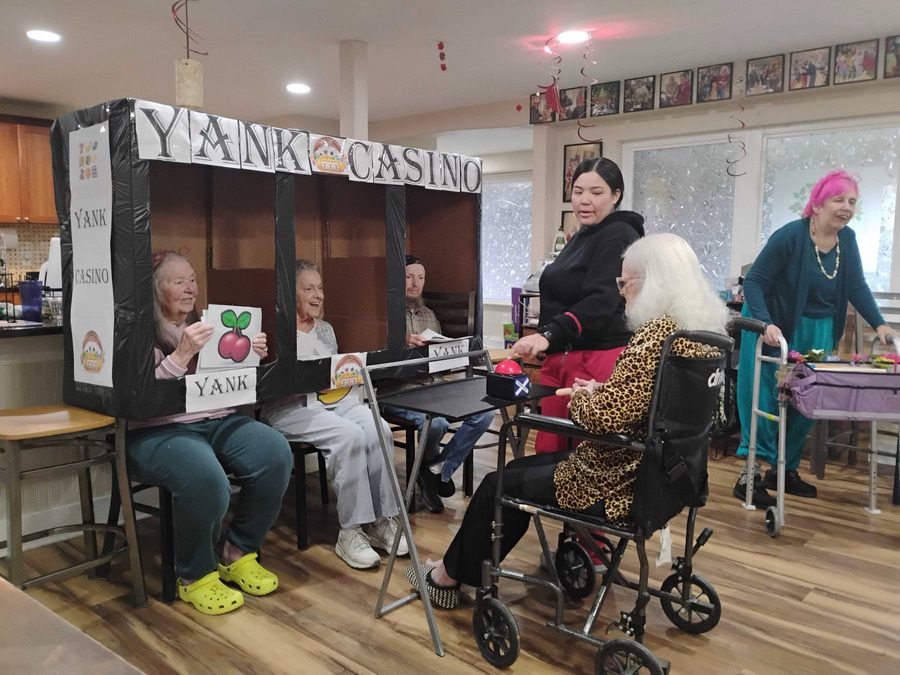
People with dementia don’t need pity. They need connection. A place to feel safe. A rhythm to their days.
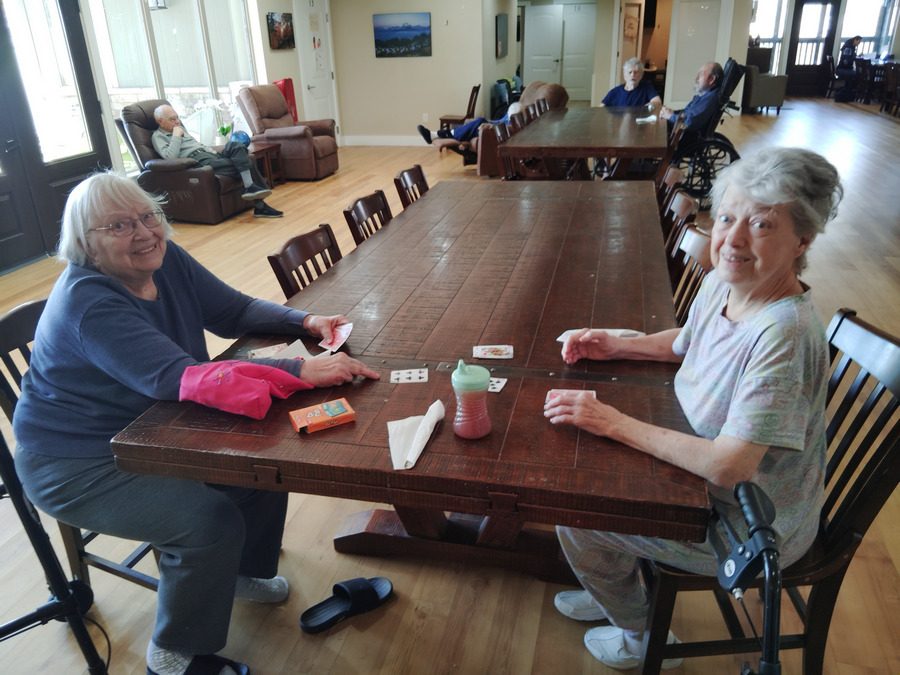
Even the most devoted families can’t provide 24/7 surveillance. Most homes weren’t built for someone who forgets what a stove does or where the bathroom is.
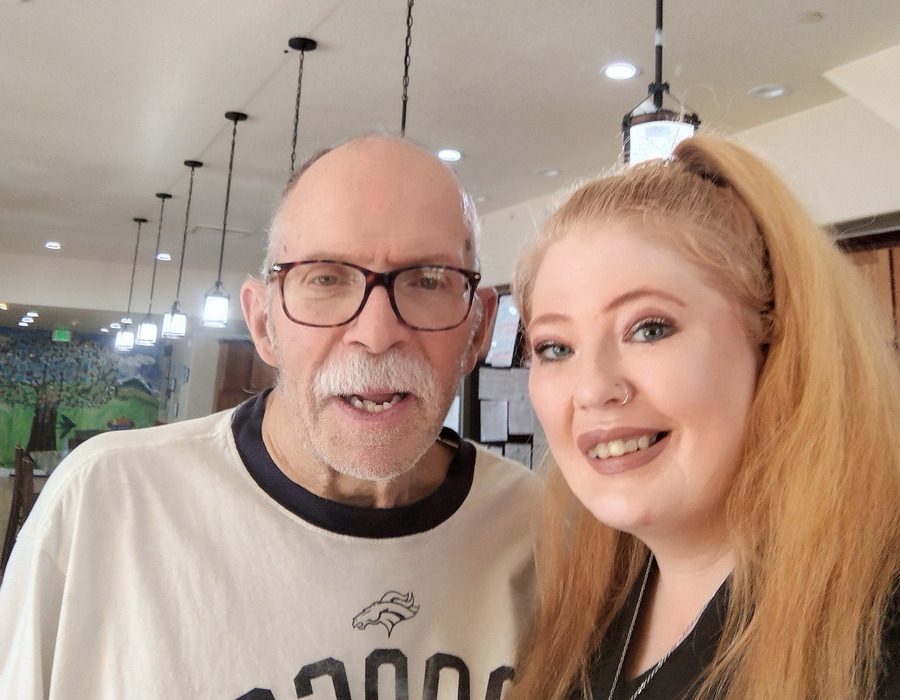
You might think you’re keeping them safe at home. But small things—missed meals, skipped pills, untreated infections—add up quickly.
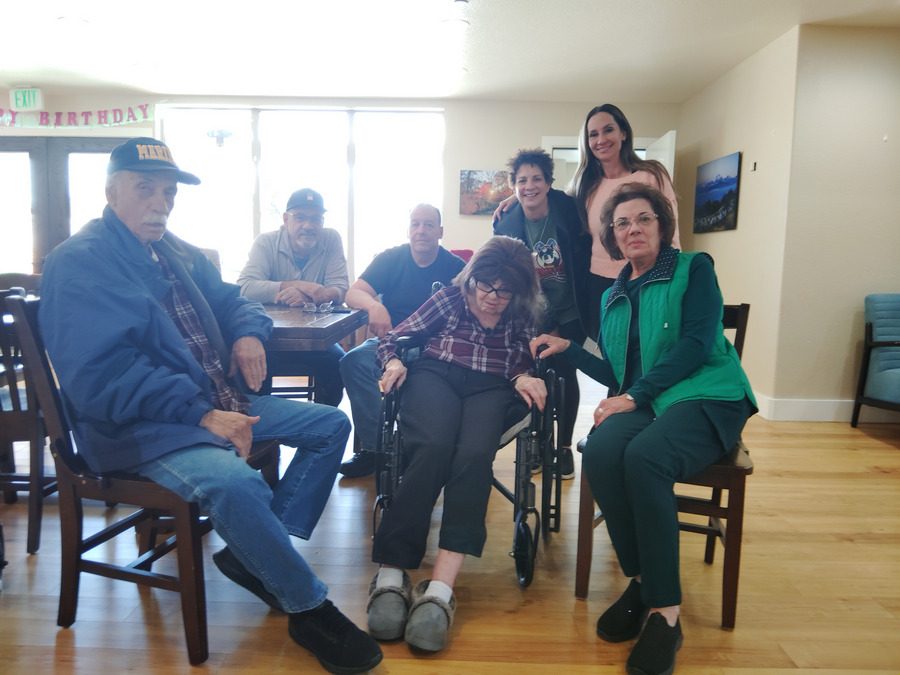
You can hang family photos on every wall, but a home isn’t a memory care home.
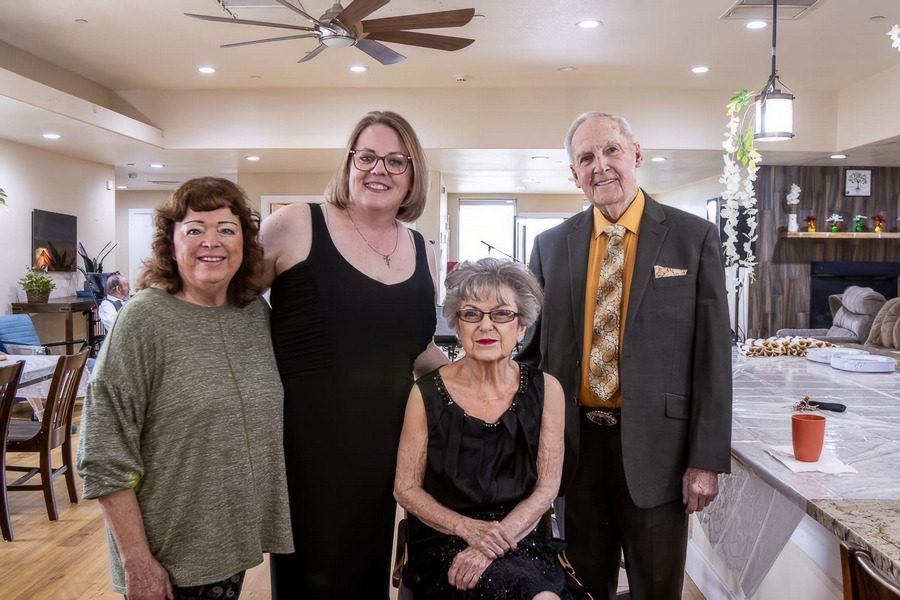
Some places feel like facilities. We don’t. We feel like home—on purpose.
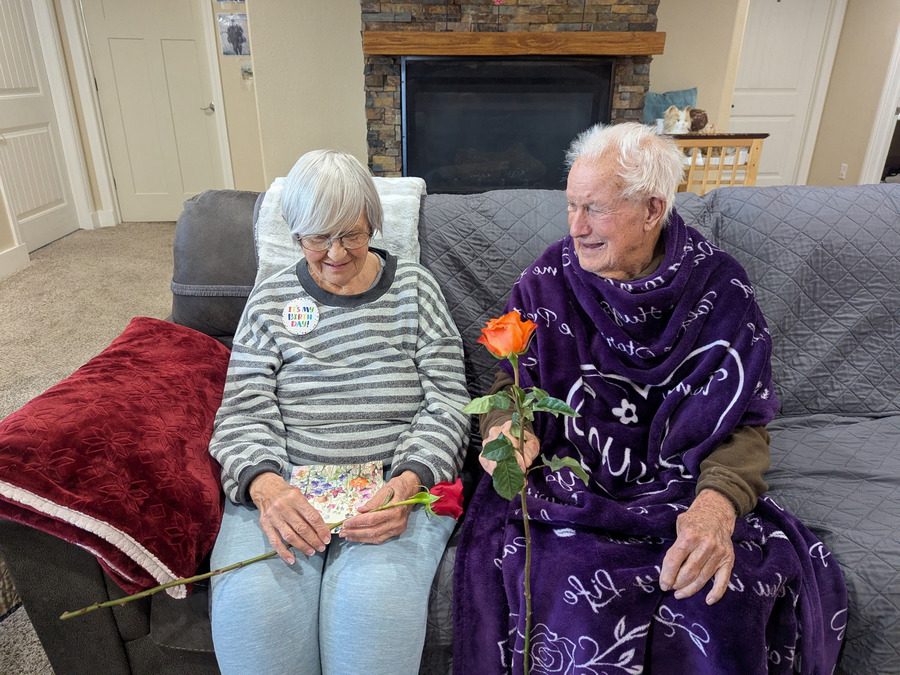
The saddest words we hear? “I wish we’d done this sooner.”
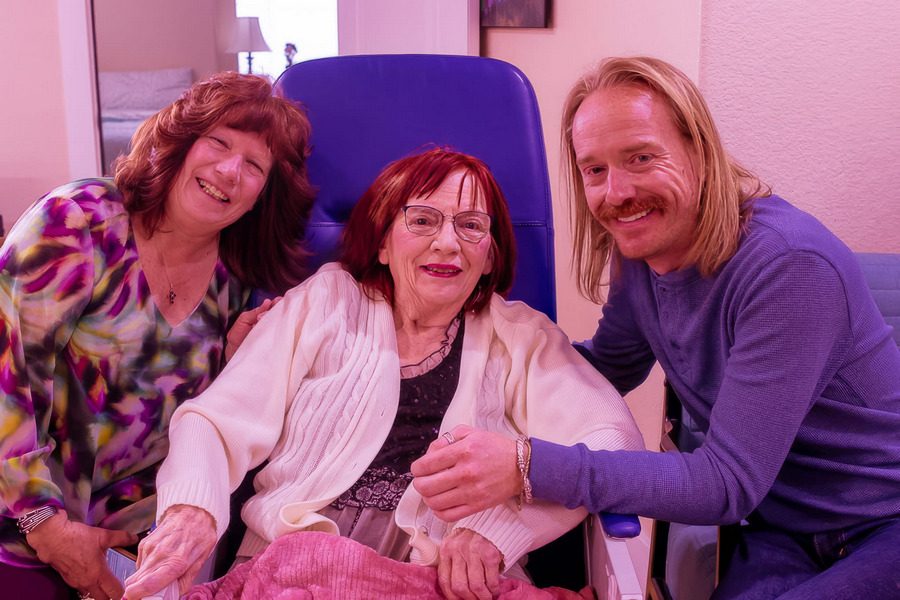
You’ve already done so much. You’ve made meals, given meds, calmed panic, cleaned messes, stayed up nights, and sacrificed your health.
You don’t need to prove anything. Choosing memory care early doesn’t undo what you’ve done—it honors it.
Let us walk with you. Let us care with you.
Applewood Our House isn’t the end of the road. It’s a gentler turn on a harrowing journey—and you don’t have to take it alone.
